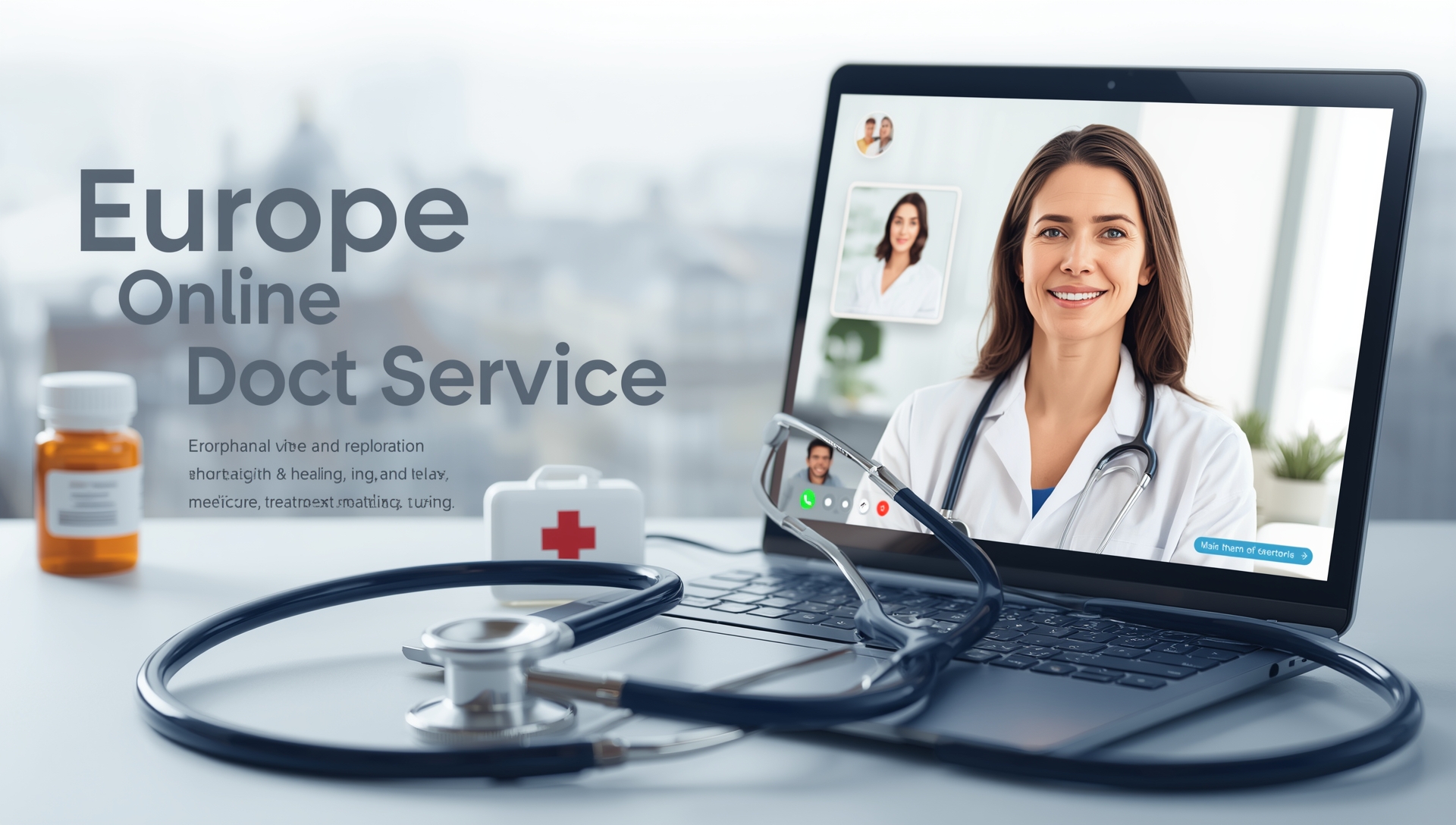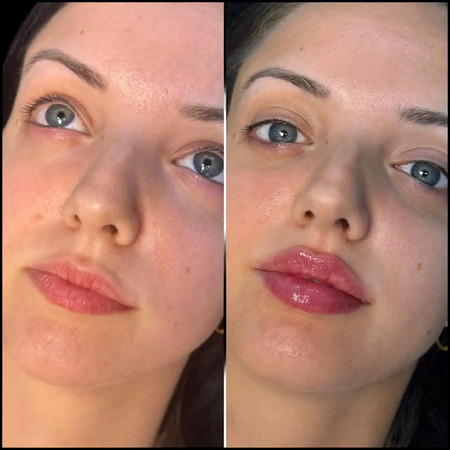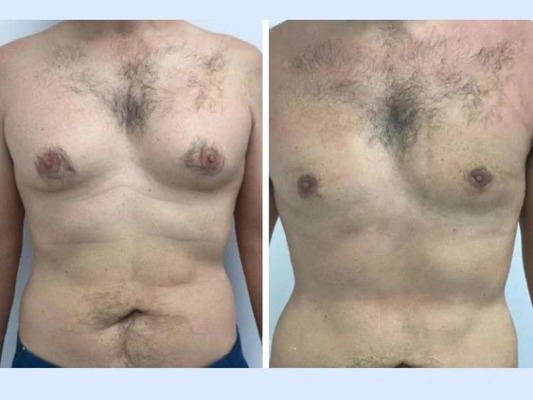Malaria is a life-threatening disease caused by Plasmodium parasites, transmitted to humans through the bite of infected female Anopheles mosquitoes. Globally, malaria affects millions, particularly in tropical and subtropical regions. Effective anti-malaria measures, including preventive strategies, doctor-prescribed medications, and rapid treatment, are essential to reduce morbidity and mortality.
Malaria presents with fever, chills, headache, nausea, fatigue, and in severe cases, organ failure. Understanding how malaria spreads, recognizing early symptoms, and applying medically approved treatments can save lives. This article offers a comprehensive guide to anti-malaria solutions, including medications, preventive strategies, and real-world recommendations from healthcare professionals.
Causes and Transmission
Malaria is caused by Plasmodium parasites, which have five main species affecting humans: P. falciparum, P. vivax, P. ovale, P. malariae, and P. knowlesi. The transmission cycle involves:
-
Mosquito Bite: Infected mosquitoes transmit parasites into the bloodstream.
-
Parasite Development: Parasites travel to the liver, mature, and then infect red blood cells.
-
Symptoms Manifest: As red blood cells rupture, fever and other symptoms occur.
Human-to-human transmission through blood transfusions, organ transplants, or shared needles is rare but possible. Pregnant women and young children are especially vulnerable to severe malaria.
Symptoms of Malaria
-
Fever and chills
-
Headache and muscle pain
-
Fatigue and malaise
-
Nausea and vomiting
-
Sweating during fever cycles
-
Severe cases: anemia, organ failure, seizures
Early recognition is crucial. Prompt medical attention can prevent complications and reduce mortality.
Preventive Measures
1. Mosquito Control
-
Insecticide-Treated Nets (ITNs): Sleeping under ITNs reduces mosquito bites by 50–60%.
-
Indoor Residual Spraying (IRS): Applying insecticides inside homes to kill mosquitoes.
-
Environmental Measures: Remove standing water where mosquitoes breed.
2. Personal Protective Measures
-
Wear long sleeves and pants, especially during dawn and dusk.
-
Apply mosquito repellents containing DEET or picaridin.
-
Use screens on windows and doors to prevent mosquito entry.
3. Chemoprophylaxis (Preventive Medications)
-
Atovaquone-Proguanil: Daily pill taken before, during, and after travel to endemic areas.
-
Doxycycline: Daily antibiotic taken with similar timing.
-
Mefloquine: Weekly dosage, effective in many regions but contraindicated in some patients.
Tip: Travelers should consult a healthcare provider for region-specific recommendations.
Doctor-Approved Treatments
1. For Uncomplicated Malaria
-
Artemisinin-based Combination Therapies (ACTs): First-line treatment for P. falciparum malaria.
-
Chloroquine: Effective in areas with chloroquine-sensitive P. vivax and P. ovale.
2. For Severe Malaria
-
Intravenous Artesunate: Recommended for severe malaria cases.
-
Supportive Care: Hospitalization may include IV fluids, oxygen, and blood transfusions.
Important: Self-medicating with unverified medications can be dangerous. Always follow a doctor’s prescription.
Malaria and Travel Safety
Travelers to endemic regions should:
-
Take prescribed prophylactic medication before, during, and after travel.
-
Pack personal mosquito protection, including nets and repellents.
-
Monitor for symptoms during and after travel.
Even mild symptoms after returning from a malaria-endemic area should prompt immediate medical evaluation.
Drug Resistance Challenges
Resistance to anti-malaria medications, particularly P. falciparum, is an ongoing global challenge. Areas with drug-resistant malaria require careful selection of prophylactic and therapeutic drugs. Doctors often consult updated global malaria maps to prescribe the most effective treatment.
Lifestyle and Community Measures
-
Community-wide mosquito control campaigns reduce disease burden.
-
Rapid diagnosis and treatment in local clinics prevent spread.
-
Public education campaigns increase awareness about malaria prevention.
When to See a Doctor
Seek medical attention immediately if:
-
Fever occurs after traveling to a malaria-endemic region
-
Symptoms worsen rapidly, including vomiting, confusion, or jaundice
-
Preventive medications were missed or incorrectly taken
Prompt doctor intervention reduces complications and prevents severe illness or death.
Malaria remains a major public health concern, but effective anti-malaria medications, preventive measures, and early treatment can save lives. By combining doctor-approved solutions, personal protection, and community measures, individuals can reduce their risk of infection and contribute to global malaria control efforts. Always consult healthcare professionals for personalized advice, region-specific recommendations, and safe treatment options.
Reference
-
Centers for Disease Control and Prevention (CDC): Malaria – Travel Health – Authoritative source for prevention, treatment, and travel recommendations.
Understanding High-Risk Populations
Certain groups are more susceptible to severe malaria. These include:
-
Pregnant Women: Malaria during pregnancy can lead to maternal anemia, low birth weight, and even stillbirth.
-
Children Under Five: Young children have immature immune systems and are at higher risk of severe complications.
-
Travelers from Non-Endemic Regions: People who have not been exposed to malaria before may experience more severe symptoms.
Healthcare providers emphasize tailored prevention strategies for these groups, such as stricter adherence to chemoprophylaxis and regular monitoring during travel.
Diagnosis and Early Detection
Early diagnosis is critical for successful treatment. Common diagnostic methods include:
-
Rapid Diagnostic Tests (RDTs): Detect malaria antigens in blood within 15–20 minutes.
-
Microscopic Examination: Blood smears allow identification of parasite species and density.
-
Molecular Tests (PCR): Highly sensitive but mostly used in research or complicated cases.
Doctors recommend testing for malaria promptly if any symptoms appear after travel to endemic areas. Delayed diagnosis can lead to severe complications, including organ failure and death.
Emerging Treatments and Research
Recent advances in malaria research focus on:
-
New Antimalarial Drugs: Drugs like Tafenoquine target dormant liver stages of P. vivax to prevent relapses.
-
Vaccines: RTS,S/AS01 (Mosquirix) is the first malaria vaccine approved in some African countries for children at risk.
-
Genetic Research: Gene-editing approaches aim to reduce mosquito populations or make mosquitoes resistant to Plasmodium parasites.
These innovations highlight the importance of combining prevention with medical guidance to reduce malaria globally.
Community and Public Health Strategies
Preventing malaria is not just an individual responsibility. Community strategies include:
-
Mass Distribution of Insecticide-Treated Nets: In high-risk areas, widespread ITN distribution significantly reduces malaria transmission.
-
Health Education Campaigns: Teaching communities about mosquito breeding sites, early symptom recognition, and treatment adherence.
-
Government Programs: Local authorities conduct indoor residual spraying and provide free or subsidized antimalarial drugs.
By integrating personal prevention and community efforts, malaria cases can be substantially reduced.



